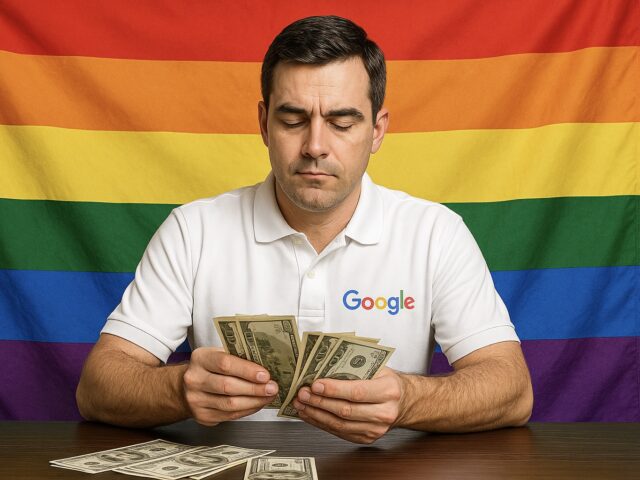
June is here, and that means Google is once again decking out its entire ecosystem in rainbows. From Google Maps to YouTube Music to Search, the search giant is promoting LGBTQ+ content as part of its annual Pride Month celebration.
It’s colorful, it’s corporate, and it’s clearly meant to show support. But does dedicating an entire month to one group really bring people together, or does it just draw more lines in the sand?
Google Maps and Waze are now highlighting road closures for major Pride parades, helping users reroute around traffic. While that’s arguably useful, it’s also a reminder of how much attention and promotion is poured into these events. Businesses marked as LGBTQ-owned or LGBTQ-friendly are getting special emphasis in Maps and Search, which could be seen as inclusive (or preferential, depending on who you ask).
Meanwhile, Google Arts & Culture is showcasing LGBTQ+ history and queer art, offering everything from explorations of the Pride flag to curated takes on art history. Google Play is pushing games and books from LGBTQ+ creators, while YouTube Music rolls out playlists tailored for Pride energy. Even the Google homepage has jumped in, celebrating hyperpop (apparently a music genre shaped by “queer” artists) with a flashy Doodle.
There’s no denying that LGBTQ+ folks have faced real struggles and deserve respect and recognition. But dedicating an entire month to rainbow-themed campaigns backed by billion-dollar tech companies raises some fair questions.
Is this corporate allyship sincere, or just a marketing ploy? More importantly, does this kind of identity-based spotlight help society move forward? Or instead, does it encourage more division by focusing so heavily on differences?
To be clear, people should absolutely be able to celebrate who they are. But maybe the better approach isn’t a loud, month-long campaign, but everyday respect that doesn’t rely on branded playlists or Google’s stamp of approval. Pride Month might have started as a protest, but in the hands of Silicon Valley, it’s starting to feel more like a promotion.



